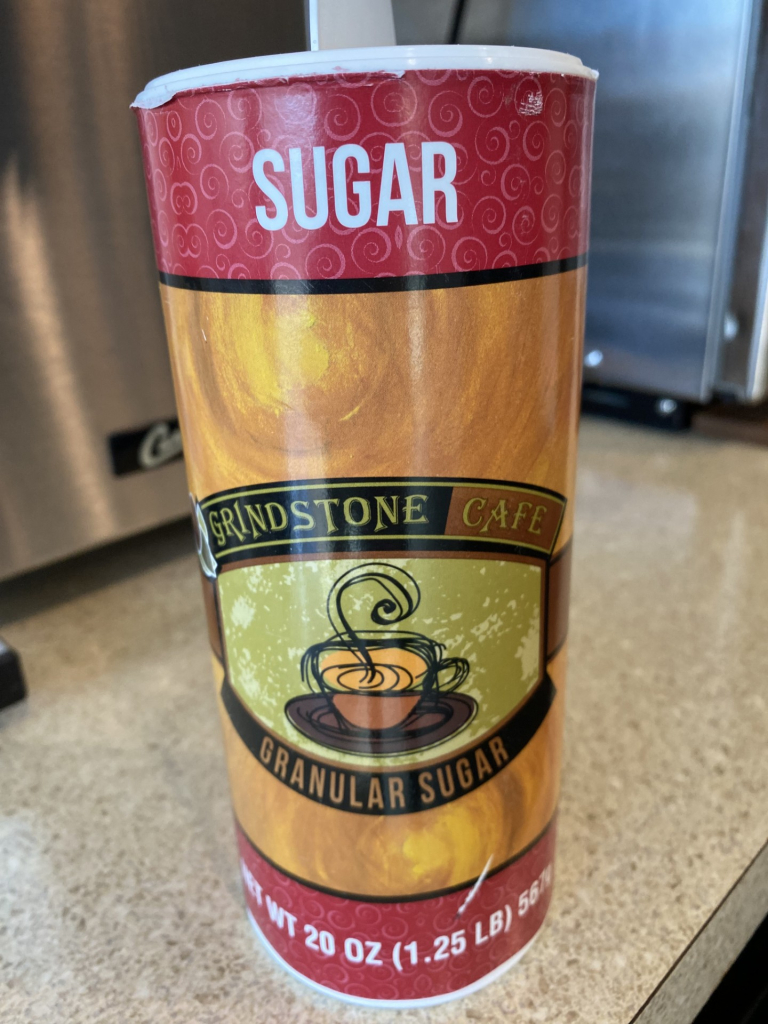
CLEVELAND – (WBAP/KLIF) – The latest studies of the safety of the common sugar substitute xylitol suggests the very people intent on preventing heart attacks and stroke, which include diabetics, are the very people who could suffer ill effects from ingestion of it.
Xylitol is also labeled as “birch sugar”; consumers are urged to carefully read labels to learn if the often-used xyliol is in a product they’re considering purchasing. In a small study, admittedly requiring more and wider researcher, Cleveland Clinic researchers found it appeared to activte blood platelets, which are responsible for blood clotting – the very issue that can cause heart attacks and strokes, and, a dangerous tendency some diabetic, heart and other cardiovascular associated patients should try to avoid.
Cleveland Clinic found a like association last year to another popular sugar substitute, “erythritol”. Use of sugar substitutes has significantly increased in the past decade, as consumers demonstrate concerns with rising obesity numbers in our population. Beyond North American consumption rates, xylitol is used even more frequently in Europe.
Scientists measured effects in more than 3, 000 study participants after they’d fasted overnight. The research indicates they found people whose xylitol levels put them in the upper 25% of the study group had about double the risk for heart attack, stroke or death in the next three years, as compared to those in the bottom quarter.
Researchers suggest avoiding xylitol, or, for that matter, any sugar substitute additive with a spelling endingin “itol”. They recommend using small amounts of sugar, honey or fruit to sweeten foods, but note toothpaste and one stick of gum is likely not a problem, given the tiny amount of xylitol that would be ingested.
(Copyright, All Rights Reserved, WBAP/KLIF 2024)




